Aluminium Casting Vs. Steel Casting: Which Alloy Is Right For Your Product
Author: SAIVS Date Published: May 15,2023
Introducing Green Sand Casting
Casting products are used in a variety of industries, making casting an important manufacturing process. Many of these products are used by people every day. Casting allows even the most complex designs to be realised. Casting can be used to produce designs, shapes, and forms of any kind.

There are a variety of materials that can be used for casting, with steel and aluminium being two of the most popular. Their strength, durability, and aesthetic appeal make them ideal for casting. manufacturers rely on the properties of these two materials to produce the products they need
They both have advantages and disadvantages. Despite this, manufacturers still prefer them because of their good properties. It is helpful to compare them to find out which is a better alternative. Casting materials should be evaluated according to their many properties. A manufacturer’s choice is based on the type of product to be manufactured and on what it will need in order to achieve its purpose.
Risers are reservoirs of molten metal used to ensure that all regions of the casting are adequately fed until solidification is complete. Risers also act as heat sources and thereby help promote directional solidification. Molten metal is introduced into the mold cavity through a sprue and distributed through a system of gates and runners.
The following table compares aluminium and steel casting properties.
1. Strength
Steel is generally stronger than aluminium. However, steel is not the strongest metal. If a product requires enough strength, steel is a good choice. It can be used in a variety of applications and industries. Compared to steel, aluminium is also strong but appears inferior.
2. Weight
Steel is generally stronger than aluminium. However, steel is not the strongest metal. If a product requires enough strength, steel is a good choice. It can be used in a variety of applications and industries. Compared to steel, aluminium is also strong but appears inferior.
3. Corrosion Resistant
Despite its corrosion resistance, steel is more prone to rusting than aluminium. Because of this, aluminium is preferred for products used in moist or wet environments. Various kinds of steel exhibit varying levels of corrosion resistance. For example, carbon steel is prone to rusting easily. Steel such as stainless steel offers good corrosion resistance. For rust-free products, aluminium casting is an excellent choice.
4. Cost
Depending on the type of casting, the cost may vary. A steel or aluminium casting can be very expensive, especially if they were made of high-quality alloys. There may be differences in cost based on the type of product made, quality, and brand or manufacturer.
5. Heat Strength
Compared to steel castings, aluminium castings have a low heat strength. Aluminium melts at low temperatures, so it can be used for both creating products and for modifying them. However, if the product will be used in a high-temperature environment, steel casting is recommended.
6. Functionality
The workability of the casting does not end once it has been made. There may still a lot of processes needed to create the final product. In terms of workability, aluminium is easier to melt, which makes it more fluid and easier to pour into molds. It is also easier to work on aluminium castings since they are less stiff than steel, while steel castings require much more effort to work on.
In order to determine the type of casting to use for a particular product, the below properties must be considered.
Aluminium Casting Steel Casting Services_metal casting Services_Offshore Industrial Manufacturing Solutions_OmnidexCastings
Steel Casting Services_Aluminium Casting Services_Metal Casting Services_Offshore Industrial Manufacturing Solutions_OmnidexCastings
Generally, both castings have their plus and minus points. Yet both are equally effective and useful in producing strong, durable products that are required by many industries.
Applications of aluminium casting vs steel casting
Castings made of aluminium and steel can be used for a variety of purposes. Products made from them are used by a wide range of industries.
Aluminium Casting Applications
Aluminium castings have been used in the aerospace industry for many years. Due to their strength and lightweight properties.
Cast aluminium is used for automotive parts and supplies. These include water pump housings, oil pumps, transmission parts, connectors, and more. Aluminium castings are suitable for these products due to their lightweight, strength, and durability.
Aluminium castings can be used to make brackets for heavy-duty equipment like crankcase housing, motor housing, and gearbox housings. Golf product and equipment making including golf balls warmers, grips, and clubs.
Why Choose SAIVS™ as Your Supplier?
1.Superb Quality Control Management
At SAIVS, we take pride in our perfect quality management systems and procedures, which guarantees the excellent performance of all our producs, being a professional Investment Casting | Die Casting| Sand Castingmanufacturer in China.
2.Rich Production Experience
With 20 years of experience in production, SAIVS has a deep understanding of the market and trends, and strives for continuous research and innovation. This has created advantages in both the product's performance and appearance.
3.Competitive Prices
As a Chinese factory committed to becoming the most cost-effective Investment Casting | Die Casting| Sand Castingexporter in China, SAIVS provides high-quality products at advantageous prices. By lowering costs and increasing efficiency, we ensure that our customers receive the best possible value for their investment.
4.Perfect After-sales Service
At SAIVS, we strive to provide superior customer service that meets and exceeds expectations. We are always available for any questions or concerns you may have, and we stand by our commitment to providing excellent after-sales support.
Related Posts
-
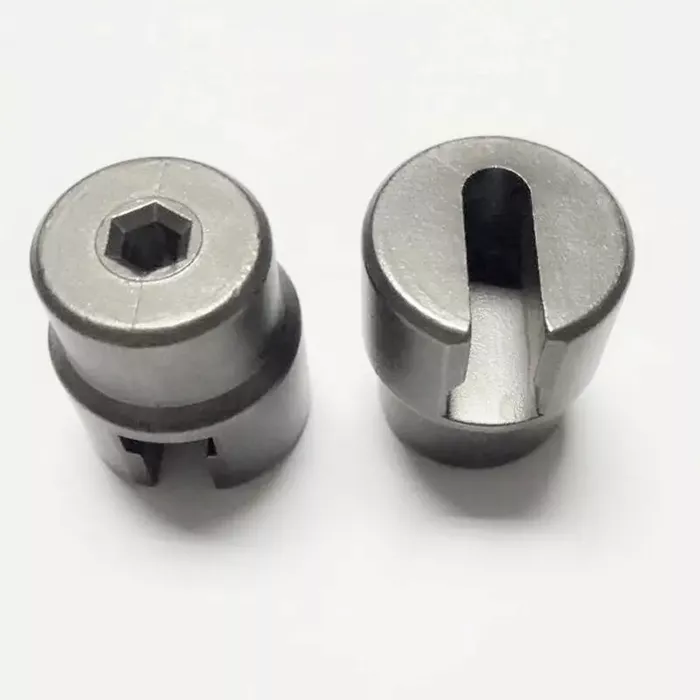
Technical Requirements for Investment Casting
Throughout the production process, precision casting solidifies its liquid immediately at room temperature and pours the compound into its unique die casting di...
-
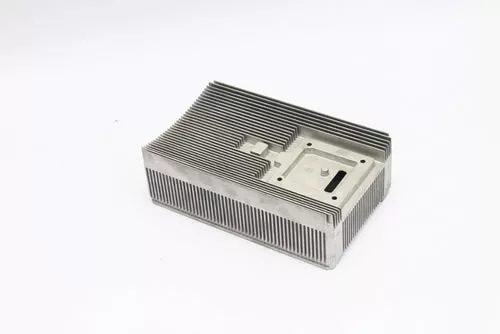
Die Casting Die for Automotive
I hope it will be helpful to you for the manufacturing process and technical requirements of automobile die casting dies.Automotive industry is one of the most ...
-
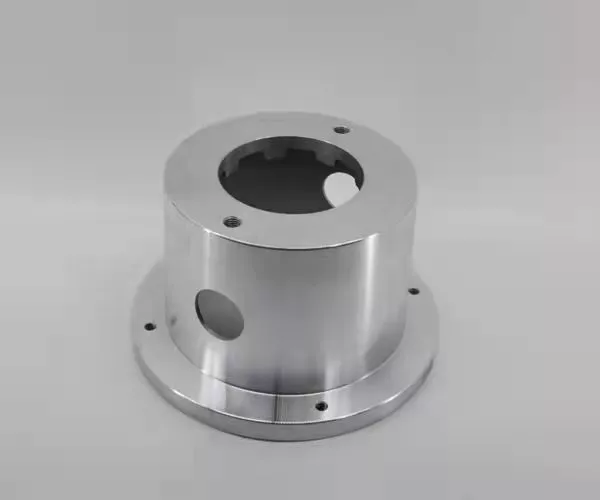
What Are the Key Concerns for Aluminium Gravity Casting?
Aluminium Gravity Casting: What Parameters and Information People Are Concerned About?Aluminium gravity casting is a widely used process in the manufacturing in...
-
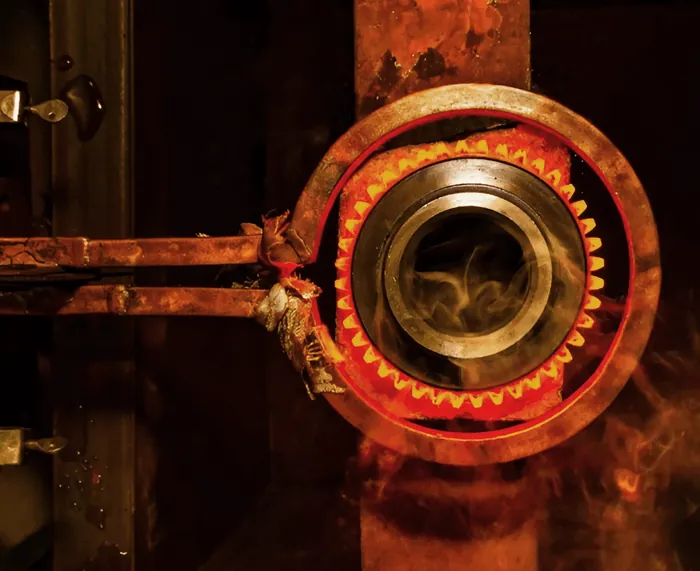
Understanding Metal Strength for the Perfect Choice
This article explores the concept of metal strength, diving into tensile and compressive strength, how they differ, and how engineers use this data to pick the ...
-
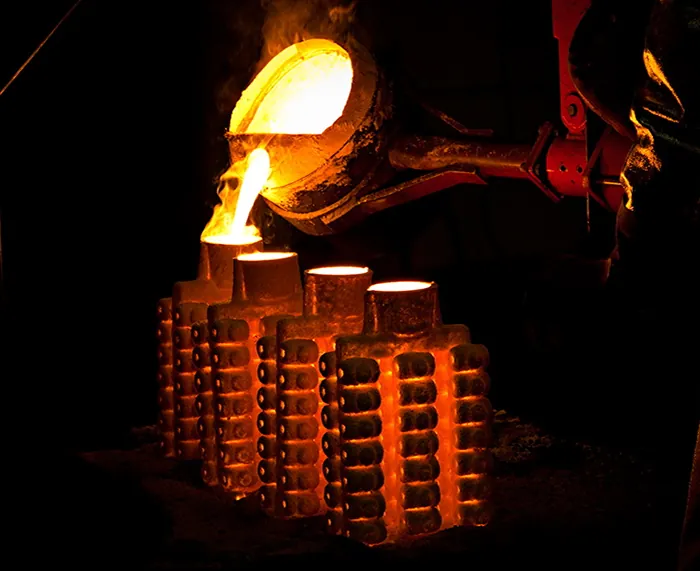
How to Reduce Investment Casting Costs by 50%
Introduction:Investment casting, also known as precision or lost-wax casting, is a widely used manufacturing process with applications in various industries. Th...
-
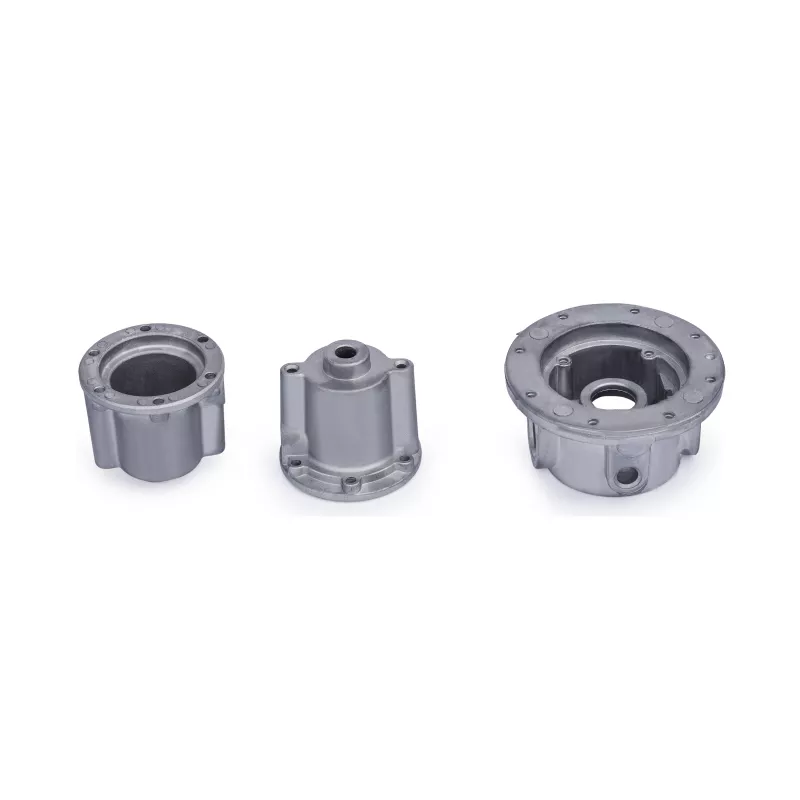
Control method of air hole defect and external shrinkage of aluminum castings
1、 Causes and control methods of air hole defects in aluminum castingsDuring aluminum alloy die casting, the liquid metal contains a lot of gas. If the melting ...

